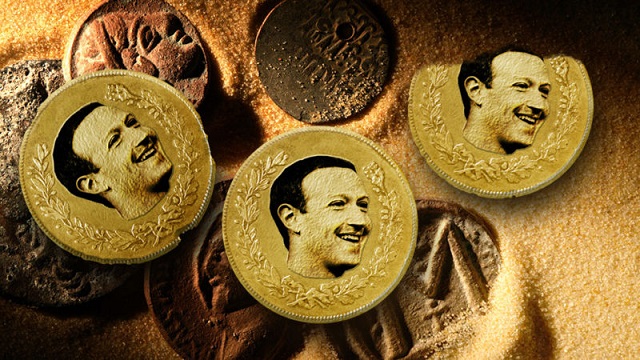Facebook’s embattled Libra project suffered a major blow on Friday as four payment processors—Stripe, Visa, Mastercard, and Mercado Pago—withdrew from participation in the Libra Association, the Geneva-based group Facebook created to develop the virtual currency. eBay also announced its resignation Friday. eBay’s former subsidiary, PayPal, quit the group last week.
The timing is not a coincidence. The Libra Association is scheduled to hold its first official meeting on Monday. At that meeting, members will be asked to make binding commitments to the project. So for members who weren’t prepared to commit to the project, Friday was a good day to get out.
But this is an awkward development for Facebook. When the company introduced Libra earlier this year, it said it hoped to grow Libra’s membership from 27 companies to more than 100 by the time the Libra network launched in 2020. Instead, the association’s membership has fallen to 22 companies.
Facebook could have used help from payment companies
The even more ominous sign for Facebook is who bowed out. All but one of the payment-processing companies that originally signed up for Libra have now withdrawn (the one exception so far is Netherlands-based payment company PayU, which signaled its continued support on Wednesday).
Their participation would have been significant because Libra faces a lot of skepticism from regulators. Companies like Visa and Mastercard have ample experience with regulations related to payments and could have helped Libra navigate those issues. But they also had the most to lose from confrontations with regulators.
One of the trickiest issues for any cryptocurrency is how to interact with the conventional financial system. Regulators often focus their enforcement efforts on intermediaries who help customers swap conventional currencies for cryptocurrencies.
Libra’s official documentation is vague on exactly how this will work, stating only that the Libra Association will establish a network of “authorized resellers” to make sure customers can easily trade their dollars and euros in for facebucks.
Payment processors like Visa, Mastercard, and Stripe could have been helpful here—both with designing a system that’s secure and user-friendly, and also with securing approval from regulators. Their departure means that Facebook will have to figure out many of these issues on its own.
Libra already faced an uphill fight
The Libra project has been met with skepticism or even outright hostility by regulators in the United States and overseas. The Libra Association has yet to clearly explain how it’s going to comply with the broad range of regulations that govern financial networks. The project faces skepticism from policymakers who aren’t sure Facebook can be trusted to handle peoples’ money responsibly, regardless of how the network is designed.
At the same time, Libra has not been popular in the conventional blockchain world. Many supporters of Bitcoin and Ethereum were attracted by these networks’ decentralized architecture. They like the idea of a financial system that’s outside the control of any single organization.
The Libra network, in contrast, will be completely under the control of a single private group—the Libra Association. For many cryptocurrency enthusiasts, that represents a step backwards. It’s not clear if it’s even possible to marry the technical advantages of an open blockchain with the heavy regulatory burden the law imposes on conventional payment networks.
Source: arstechnica













